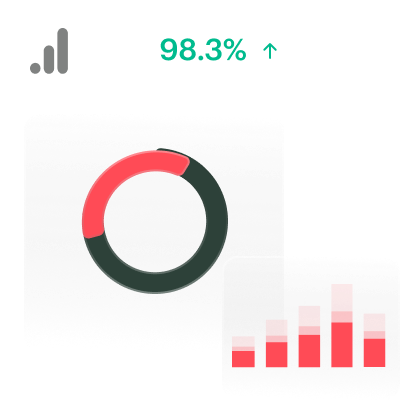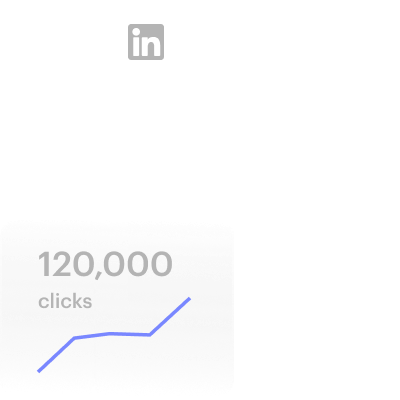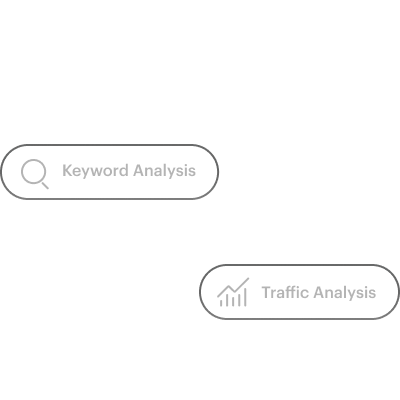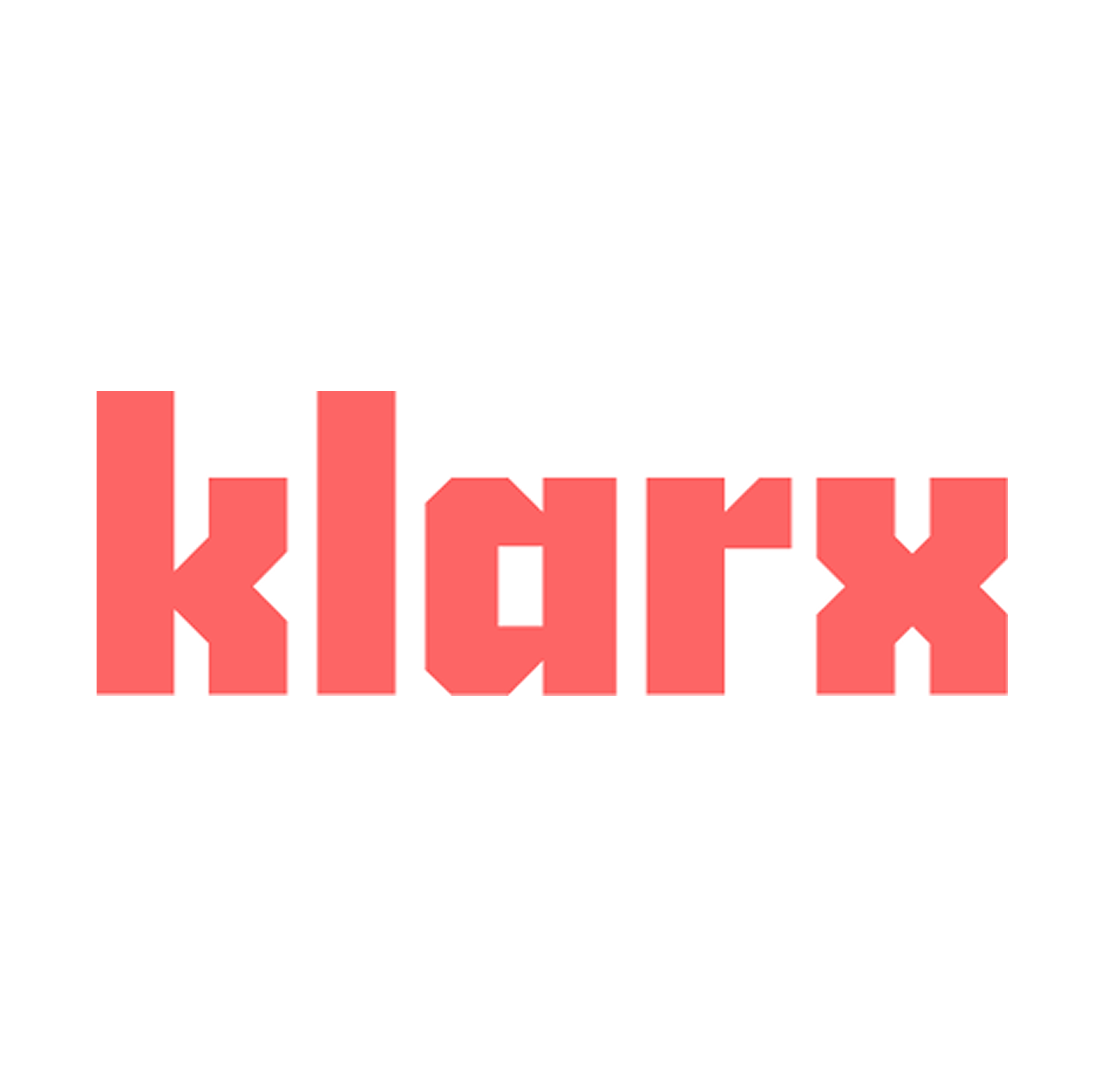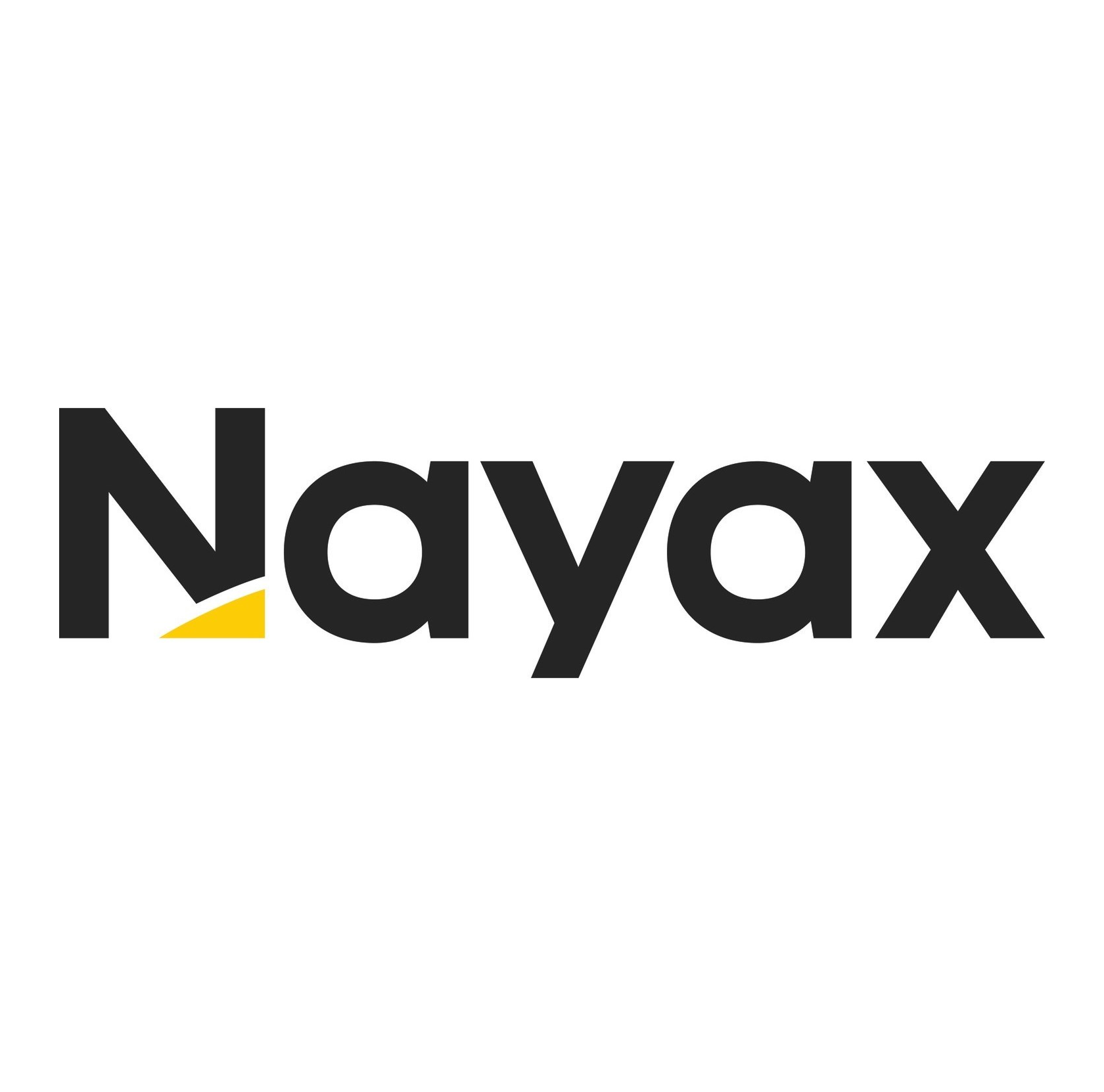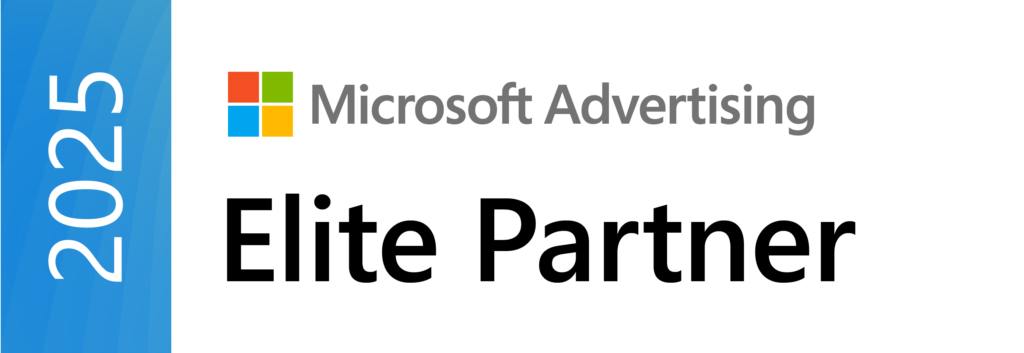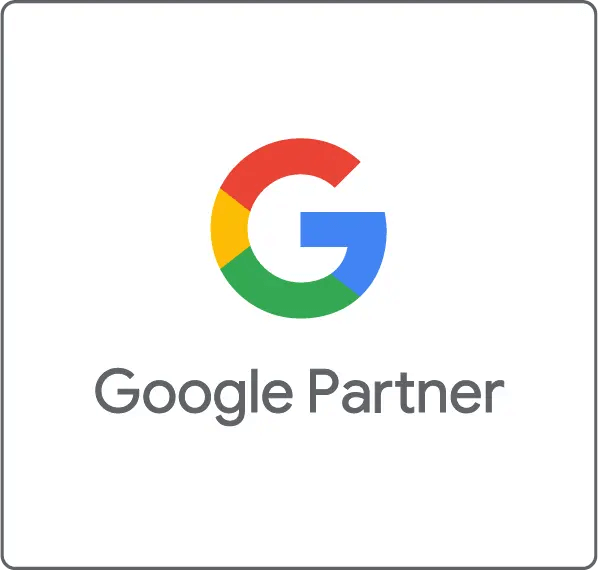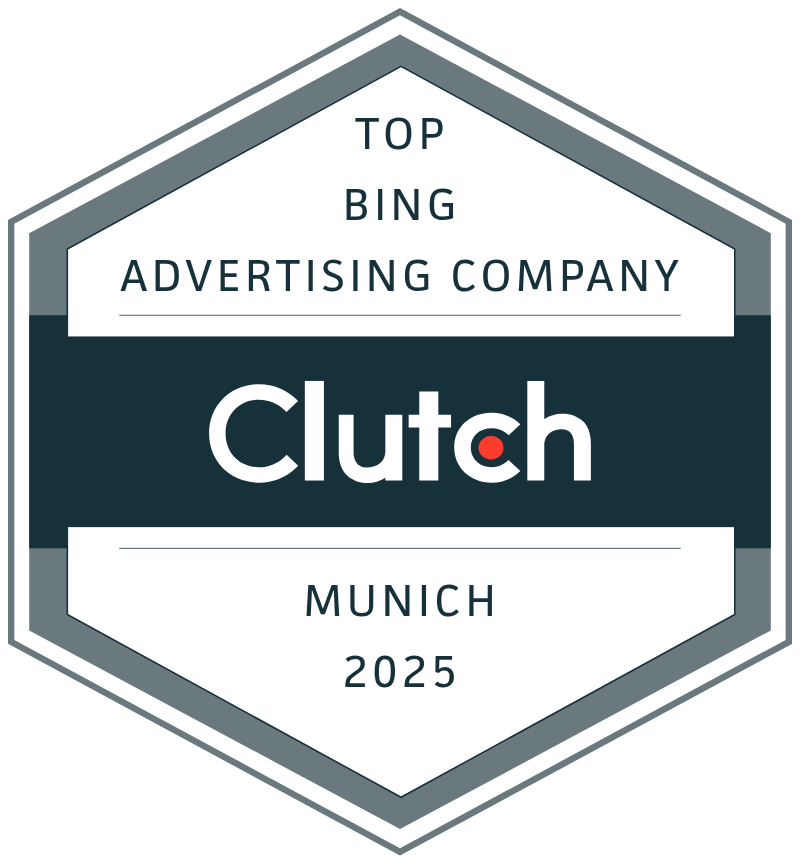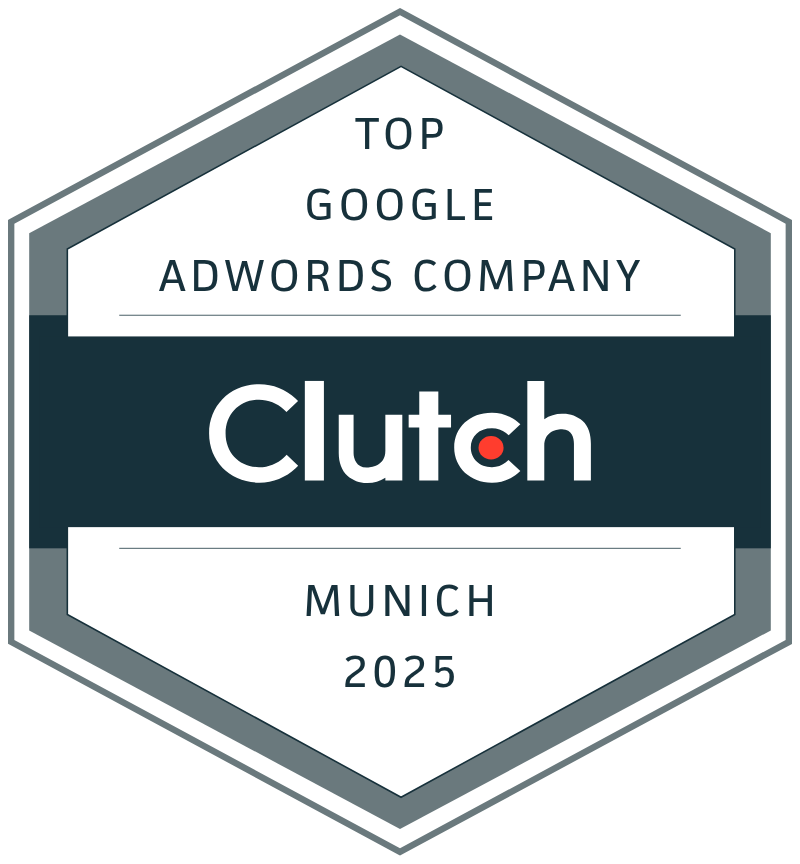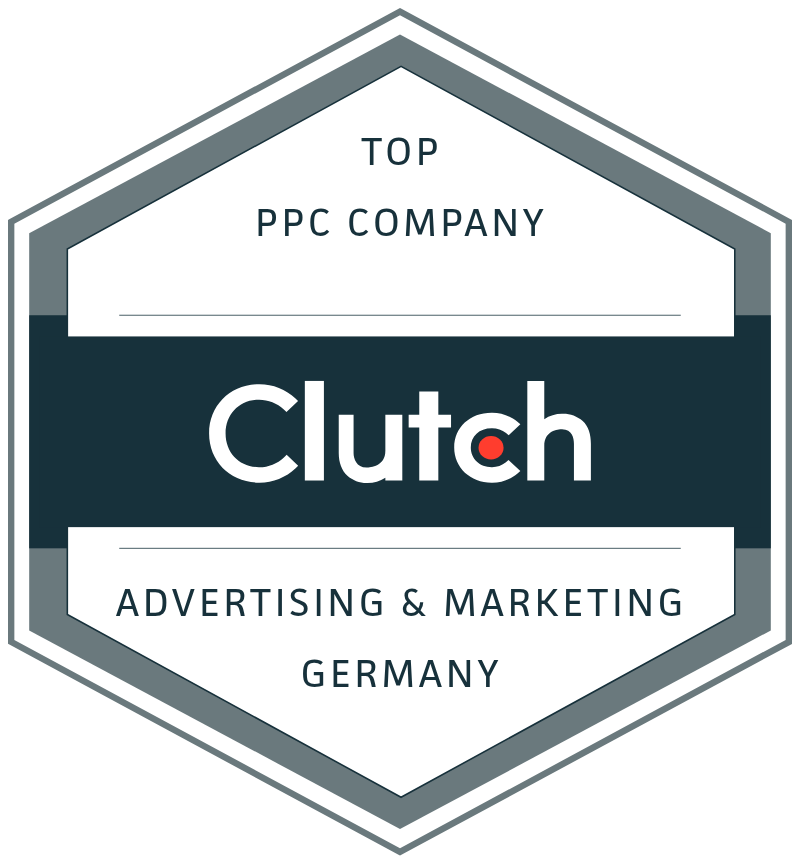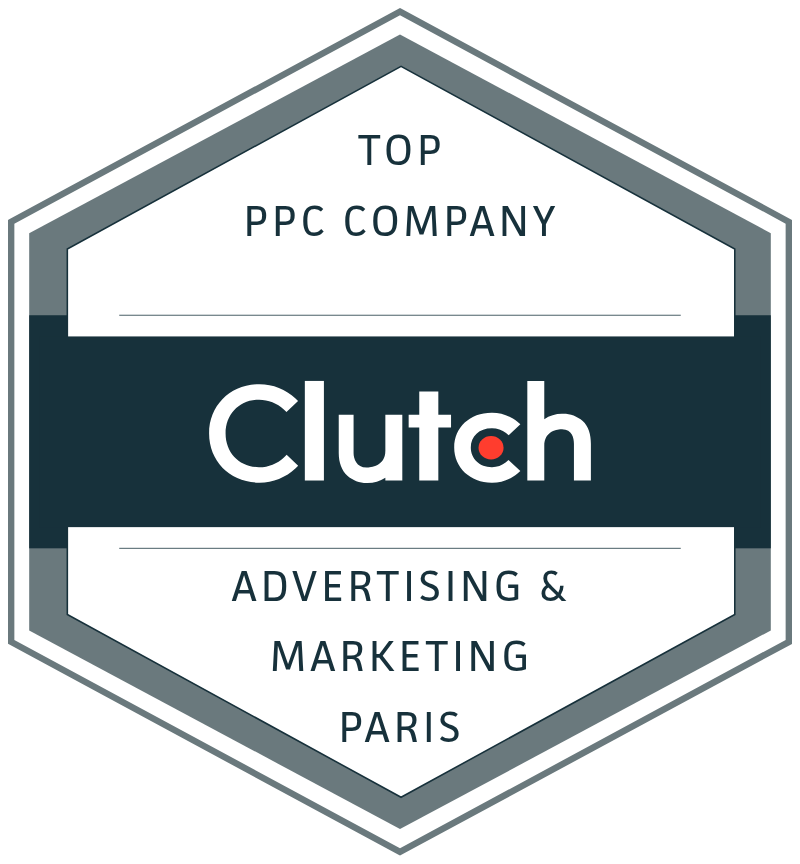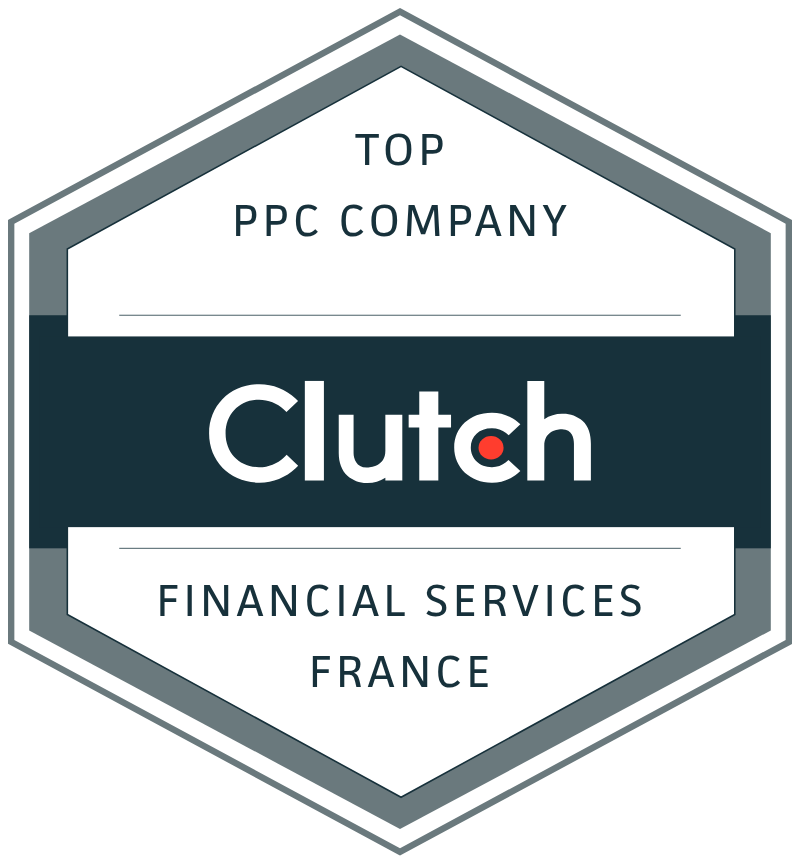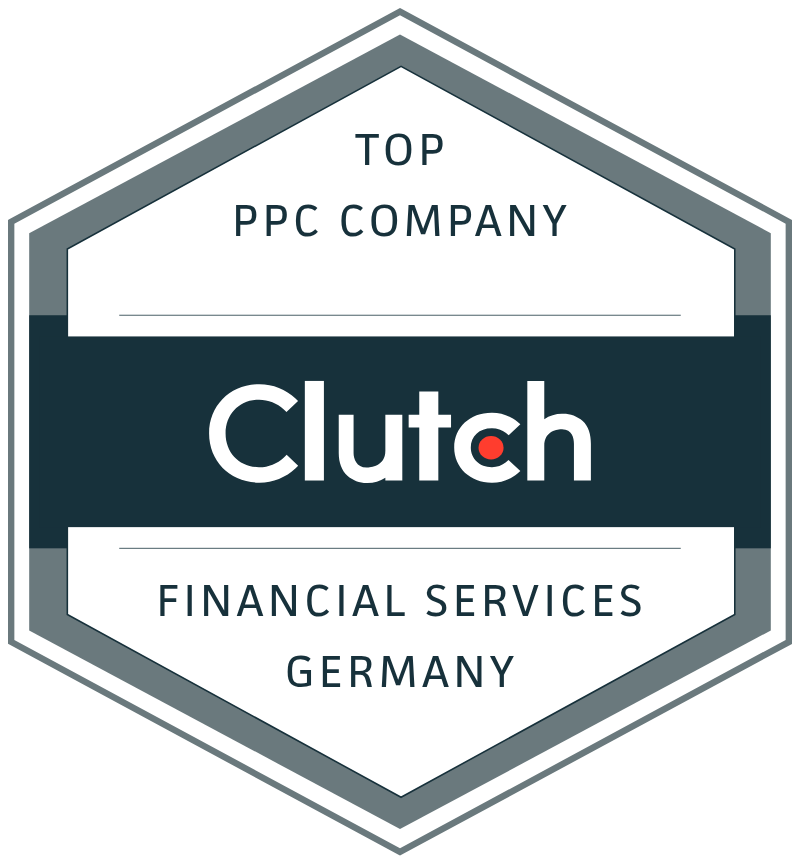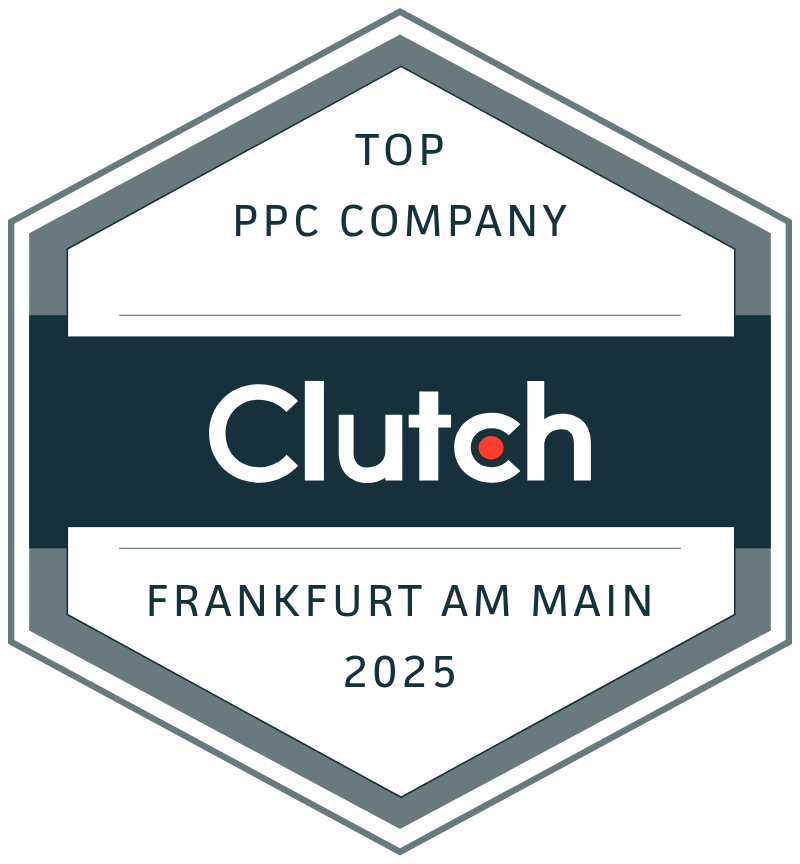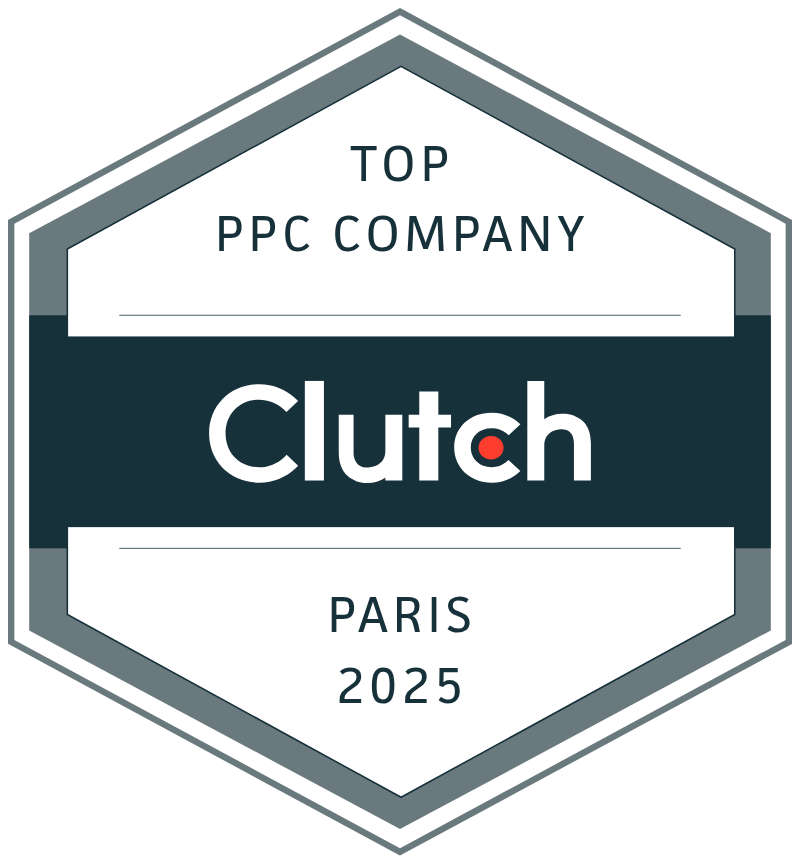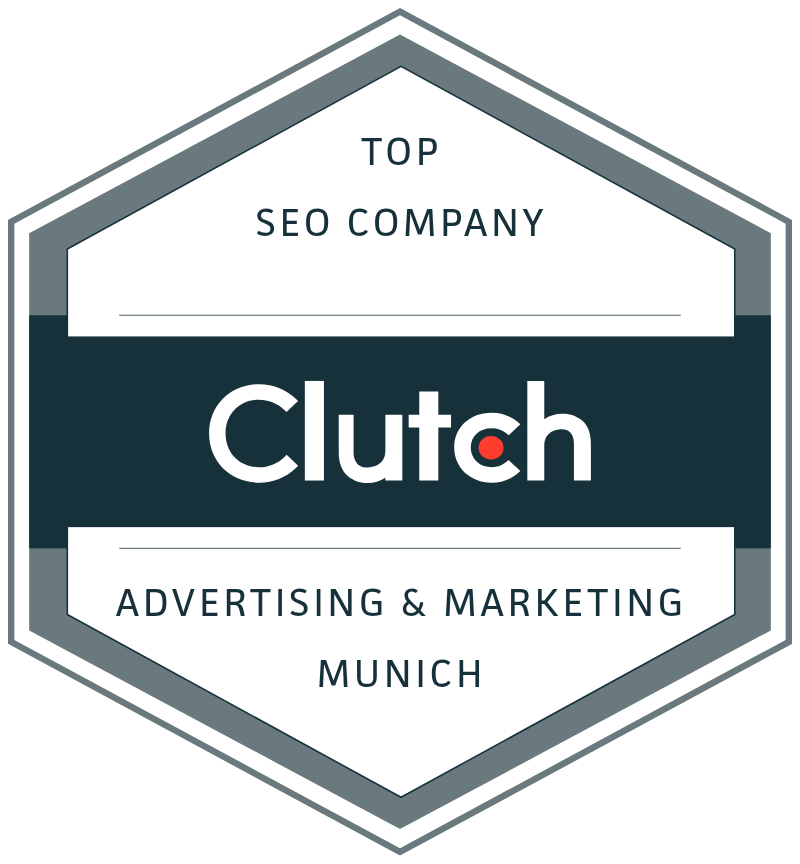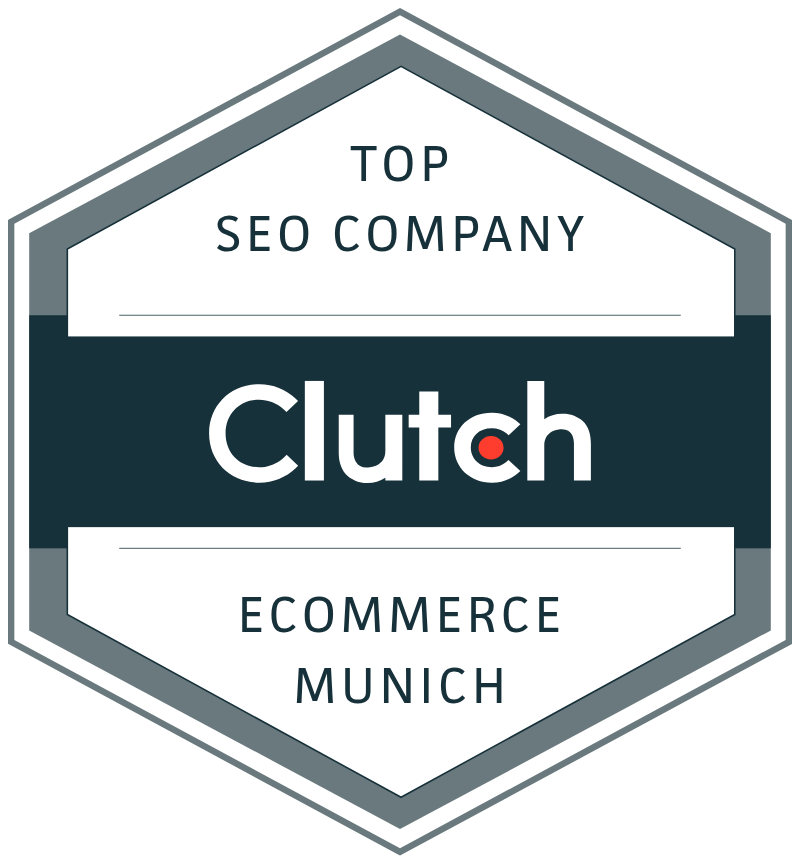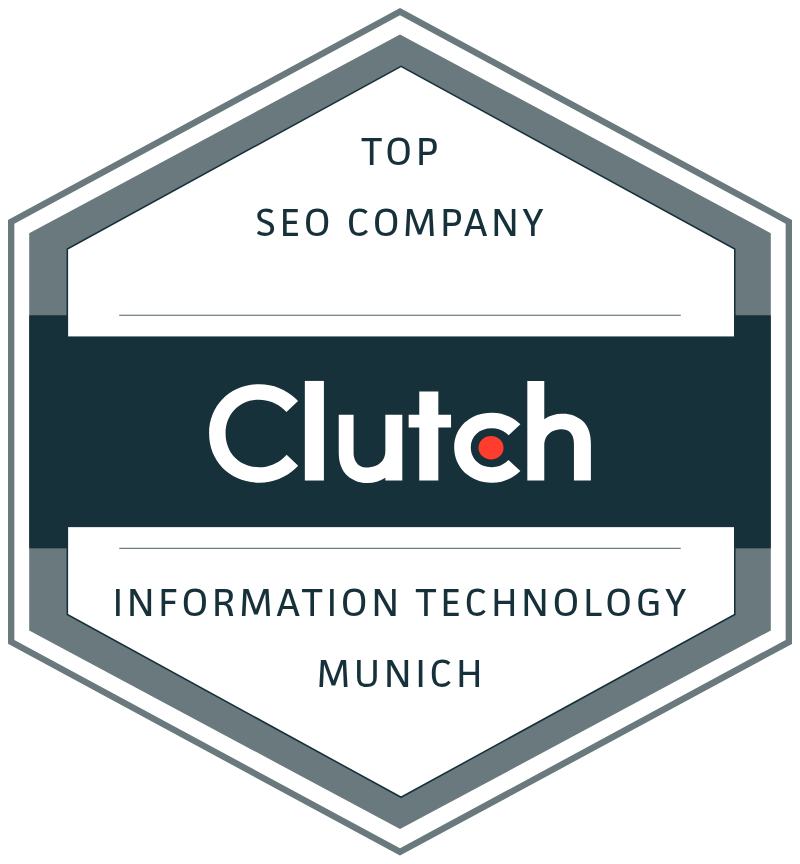B2B SaaS companies are continuously adapting as the market matures. In recent times, many SaaS firms have shifted focus from hyper-growth at all costs to more sustainable growth – emphasizing profitability and customer retention over pure acquisition. Business models like product-led growth (PLG) have gained traction: offering free or freemium versions to let the product sell itself before upselling to paid plans. External factors such as higher interest rates and cautious corporate spending mean longer sales cycles in B2B; enterprise clients scrutinize software purchases more and often require clearer ROI justification. Tech innovation remains the heart of SaaS: virtually every platform is integrating AI features (e.g. AI assistants, predictive analytics) to stay competitive, making “AI-powered” a common value proposition. Meanwhile, data security and compliance (GDPR, SOC2, etc.) have become non-negotiable priorities, as customers demand robust protection of their data. In digital marketing, B2B SaaS marketers are leveraging highly targeted approaches. Account-based marketing (ABM) – tailoring campaigns to specific key accounts – is widespread for enterprise-focused products. Content marketing and SEO are crucial for capturing demand, since potential buyers often research solutions extensively online; companies publish whitepapers, case studies, and host webinars to educate and build credibility. We also see community-building (forums, Slack groups, etc.) as a trend, positioning SaaS brands as thought leaders. Paid marketing continues but with precision: LinkedIn Ads and Google Ads target specific roles and search intent, and there’s heavy tracking of funnel metrics. Overall, while growth has moderated from a few years ago, the SaaS sector is still expanding – just with a sharper eye on efficient marketing spend and maximizing customer lifetime value.
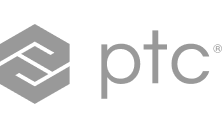
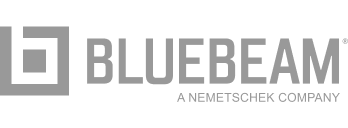


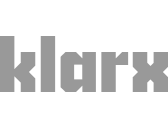
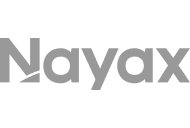
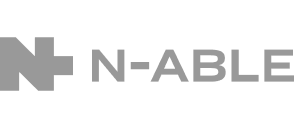






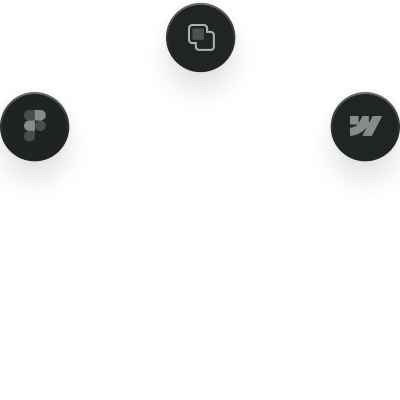
.png)
